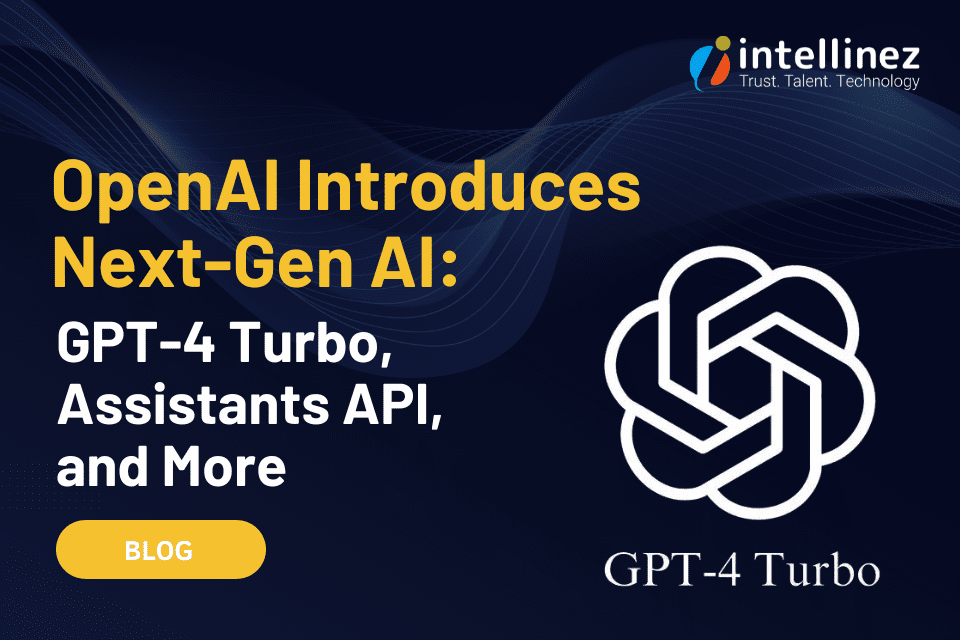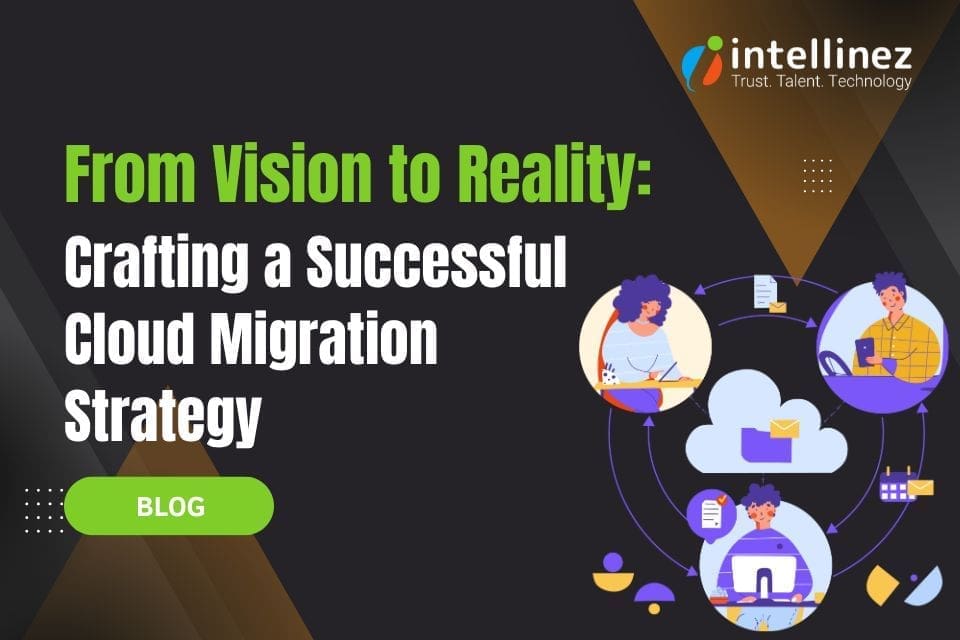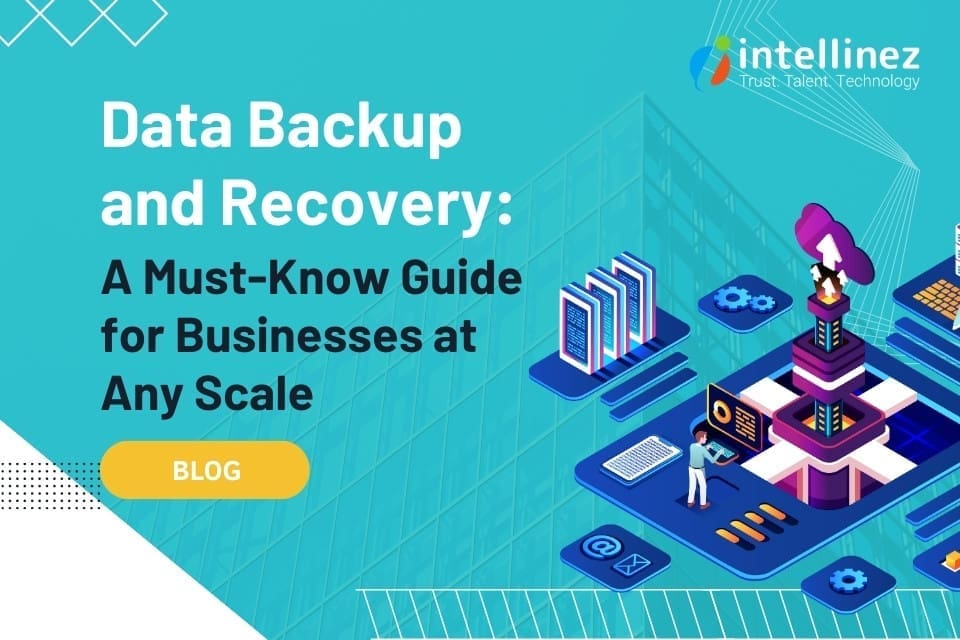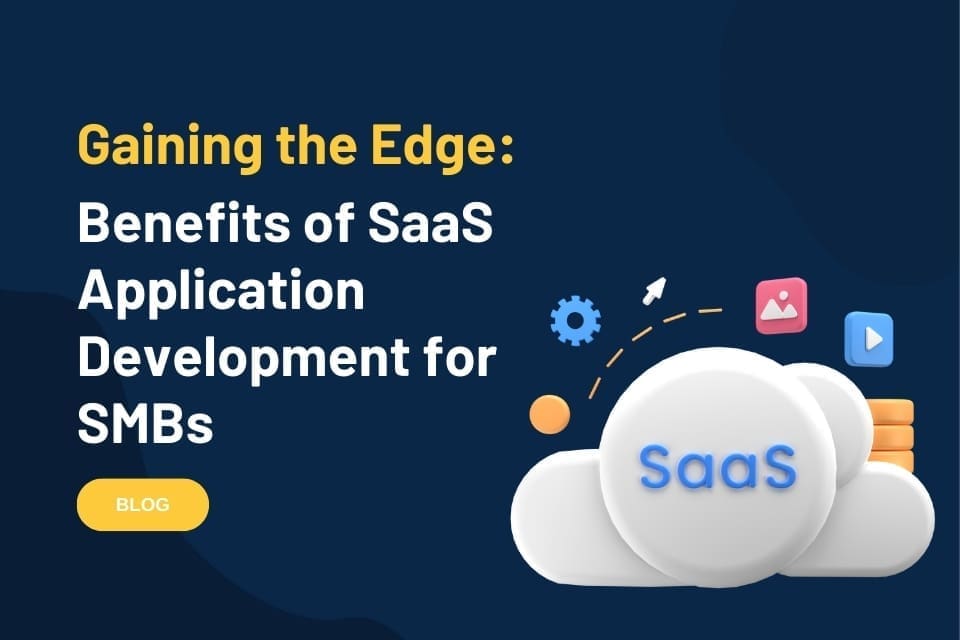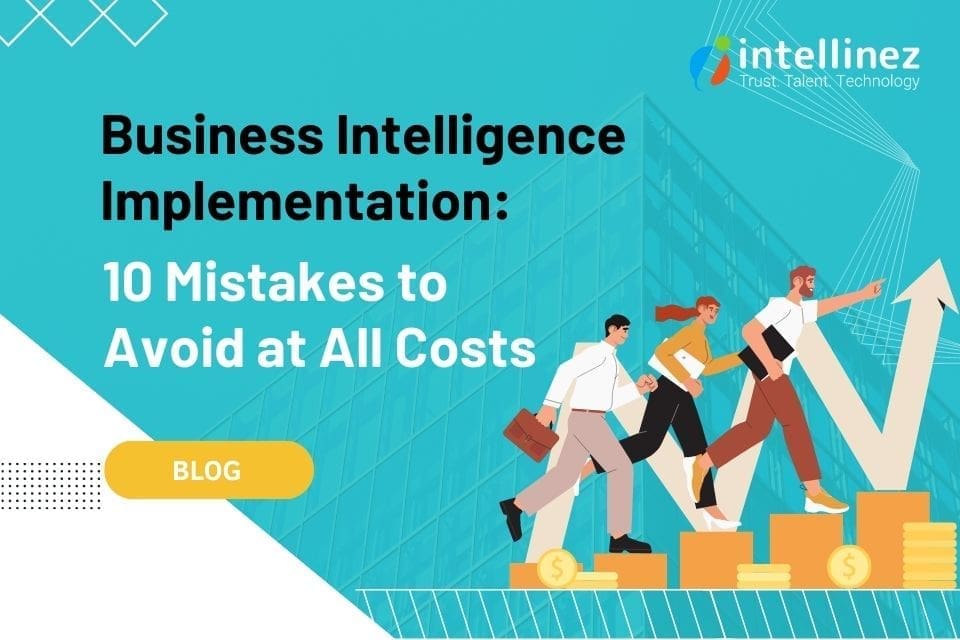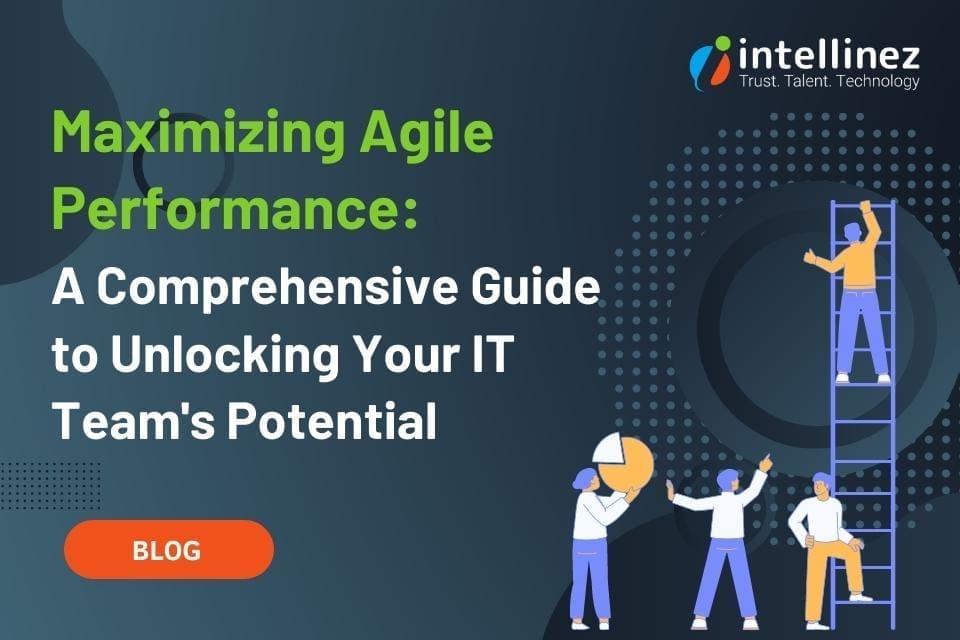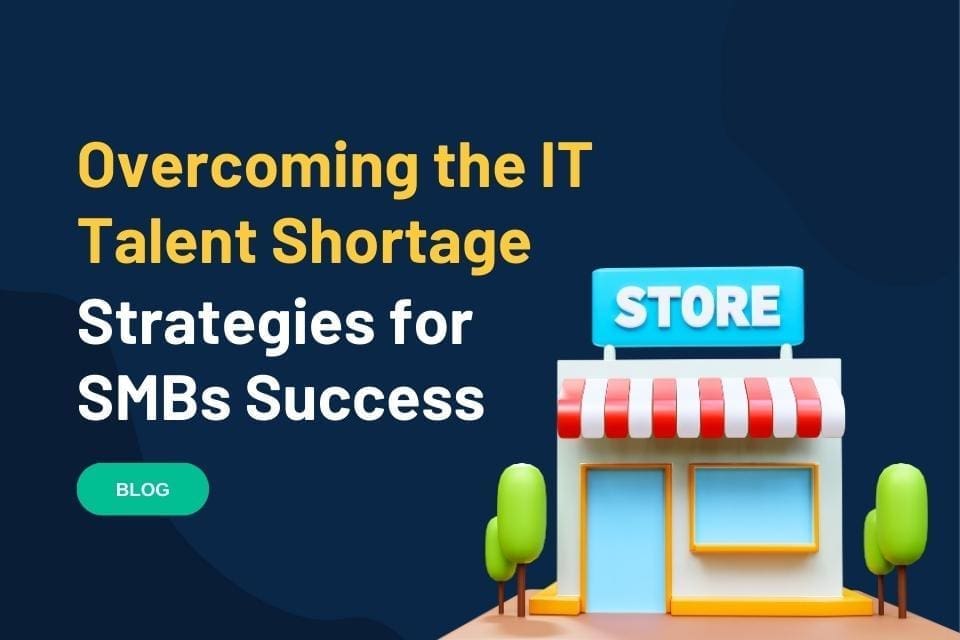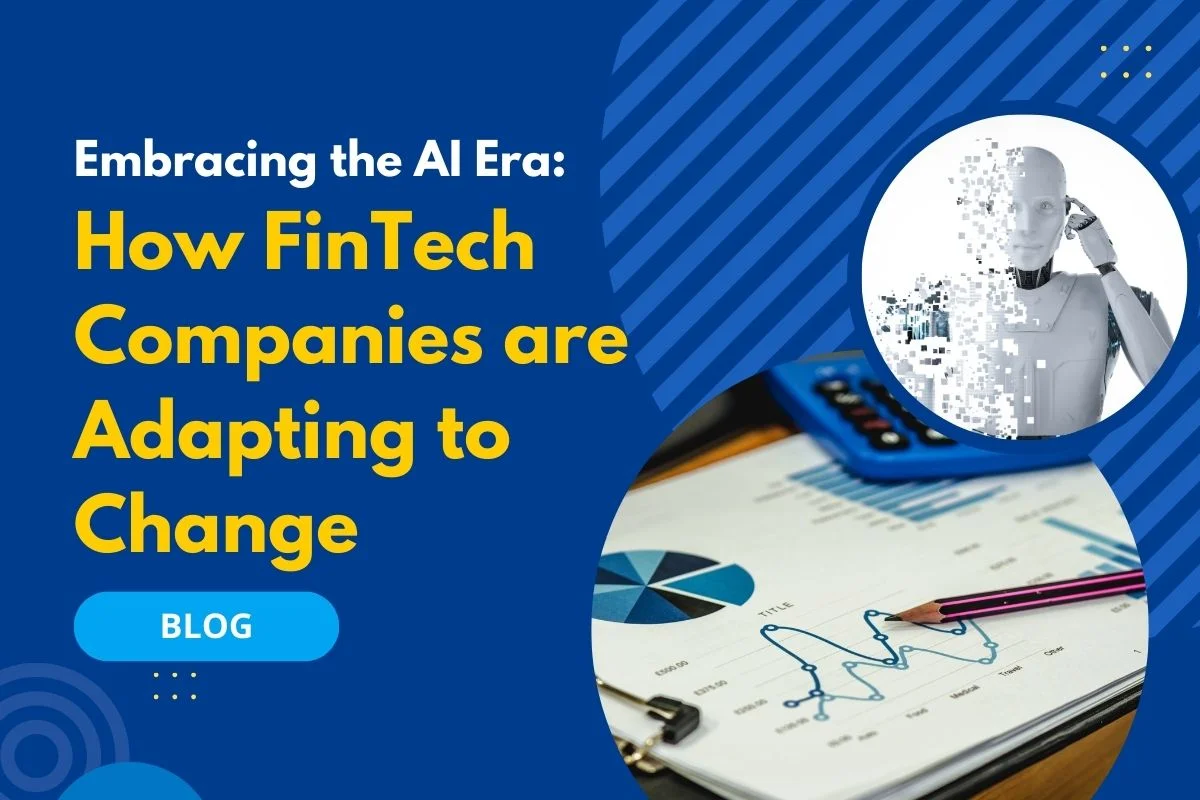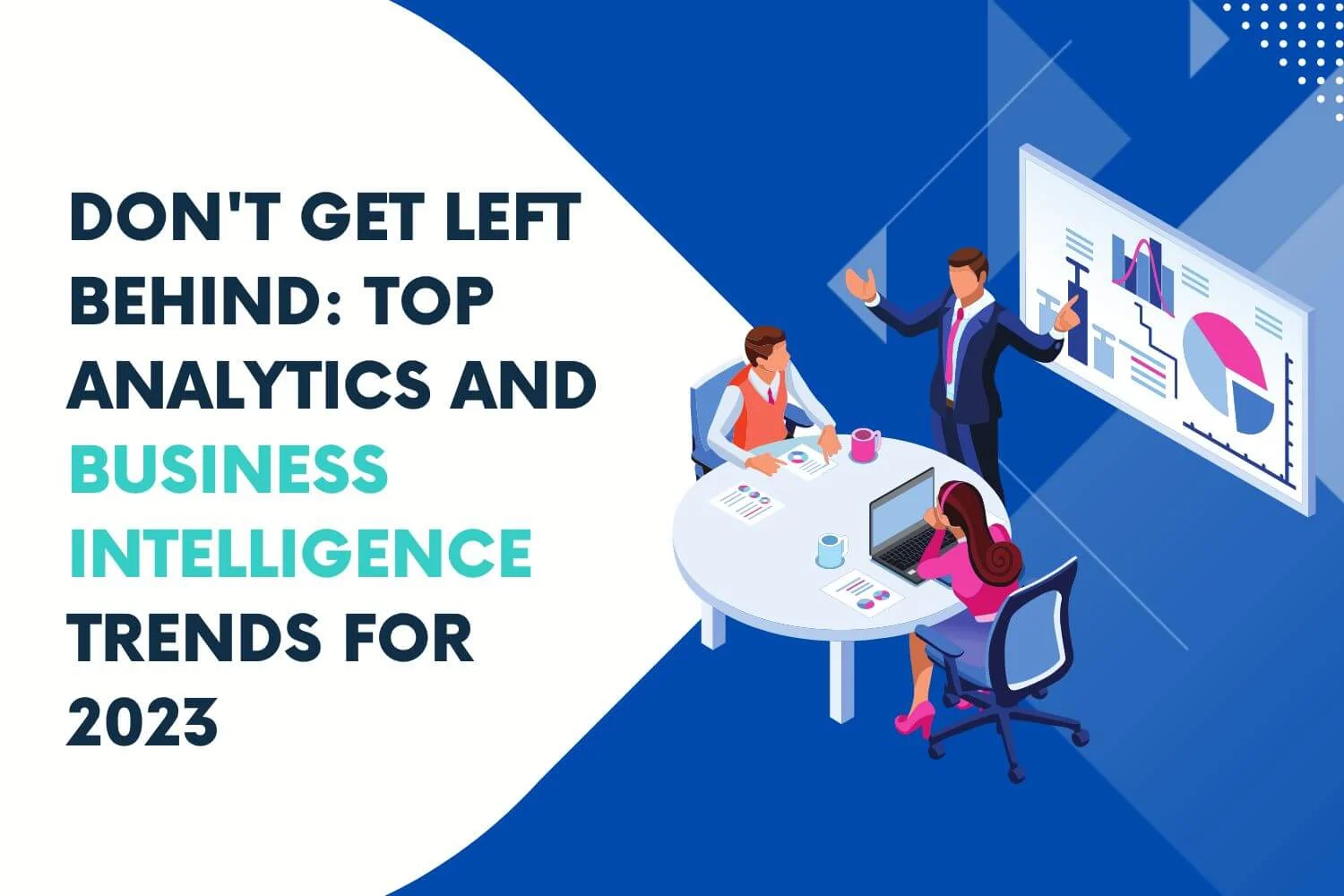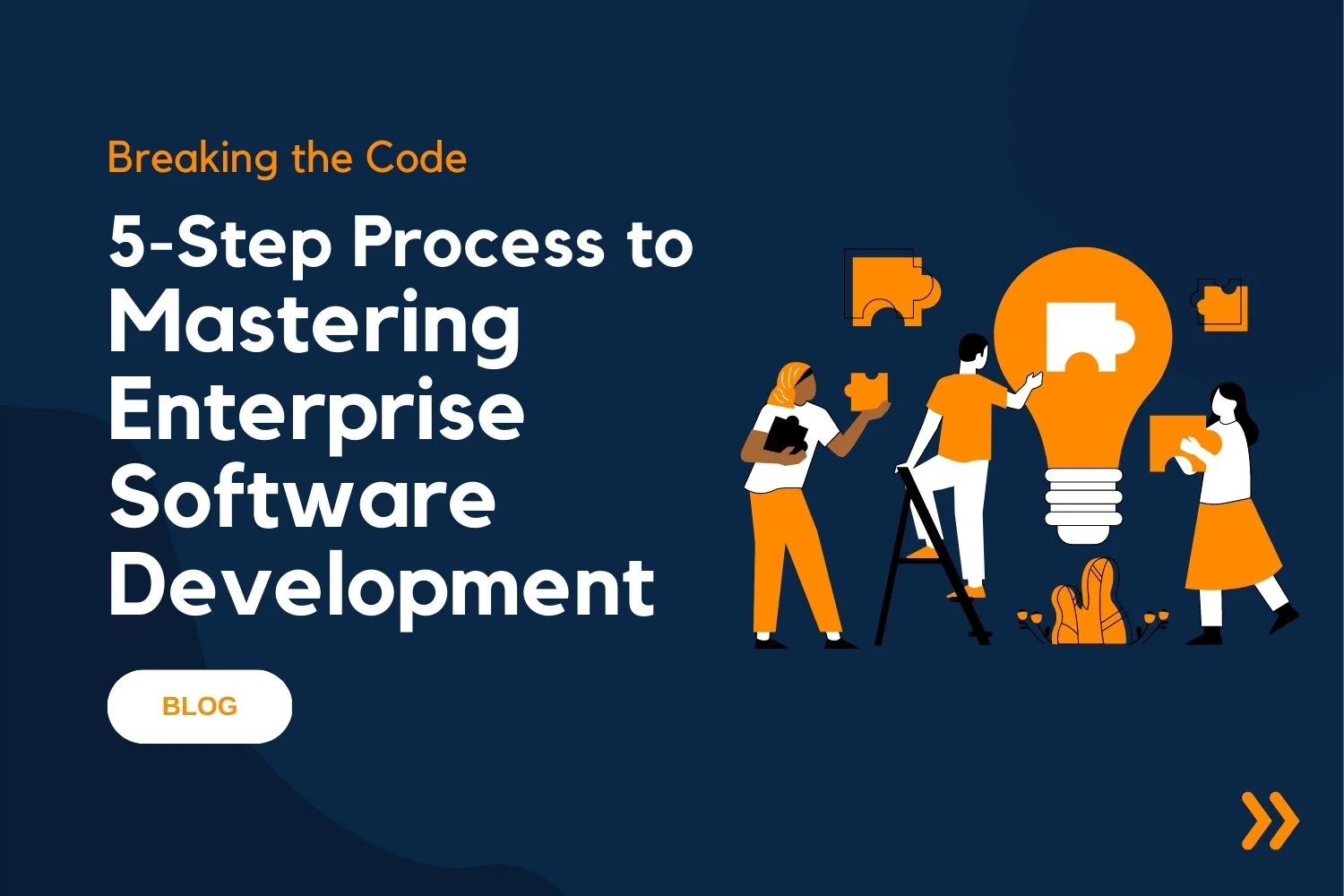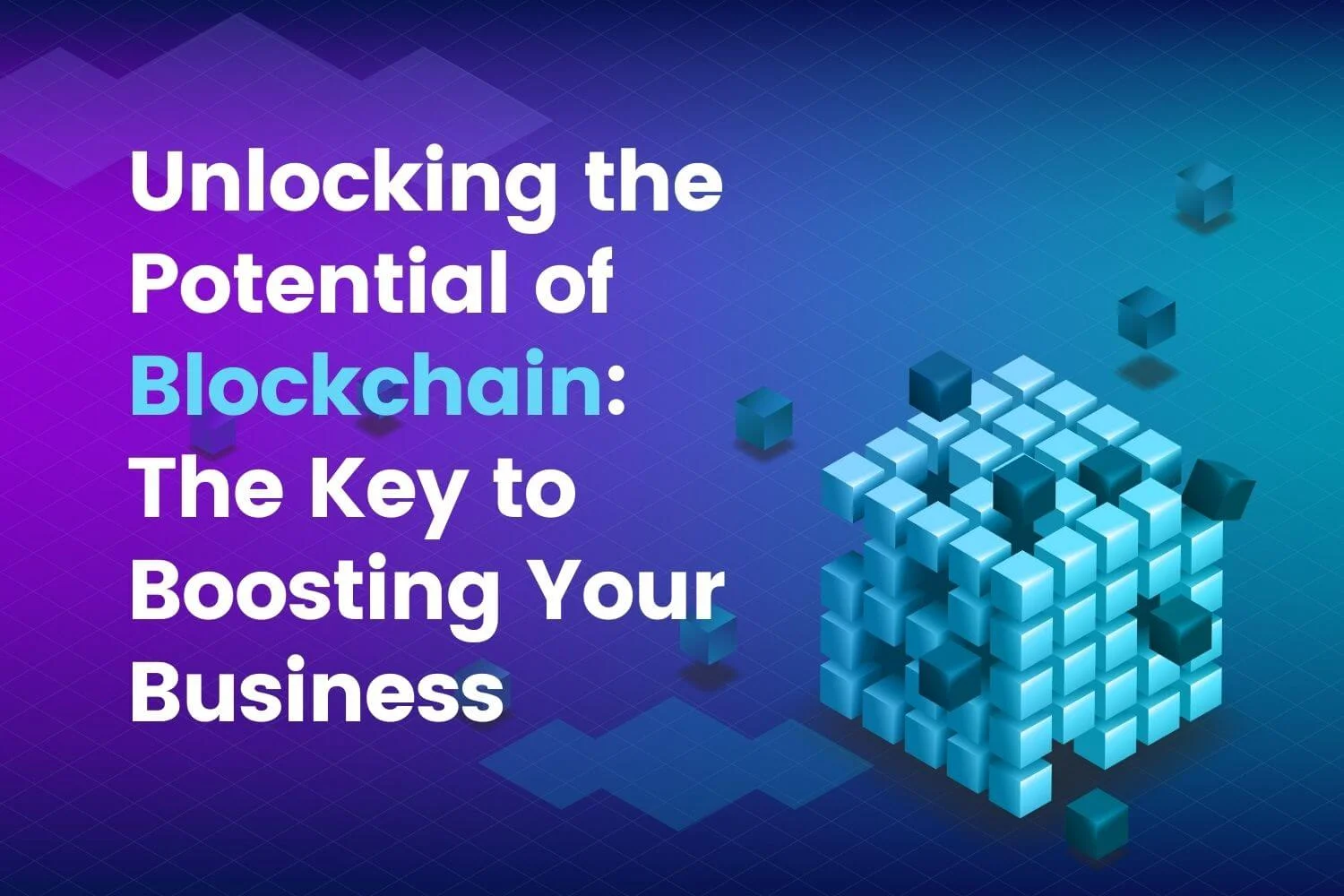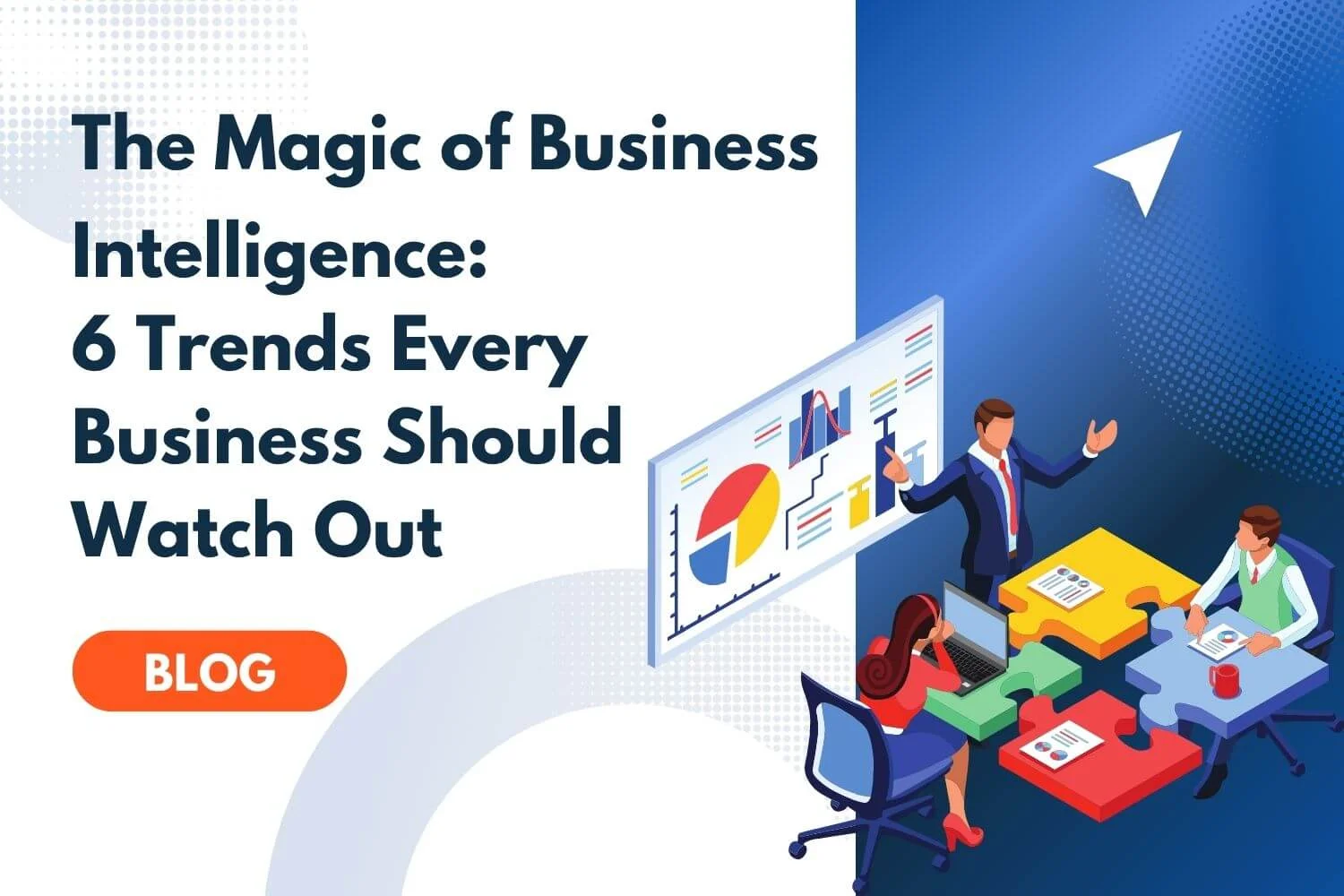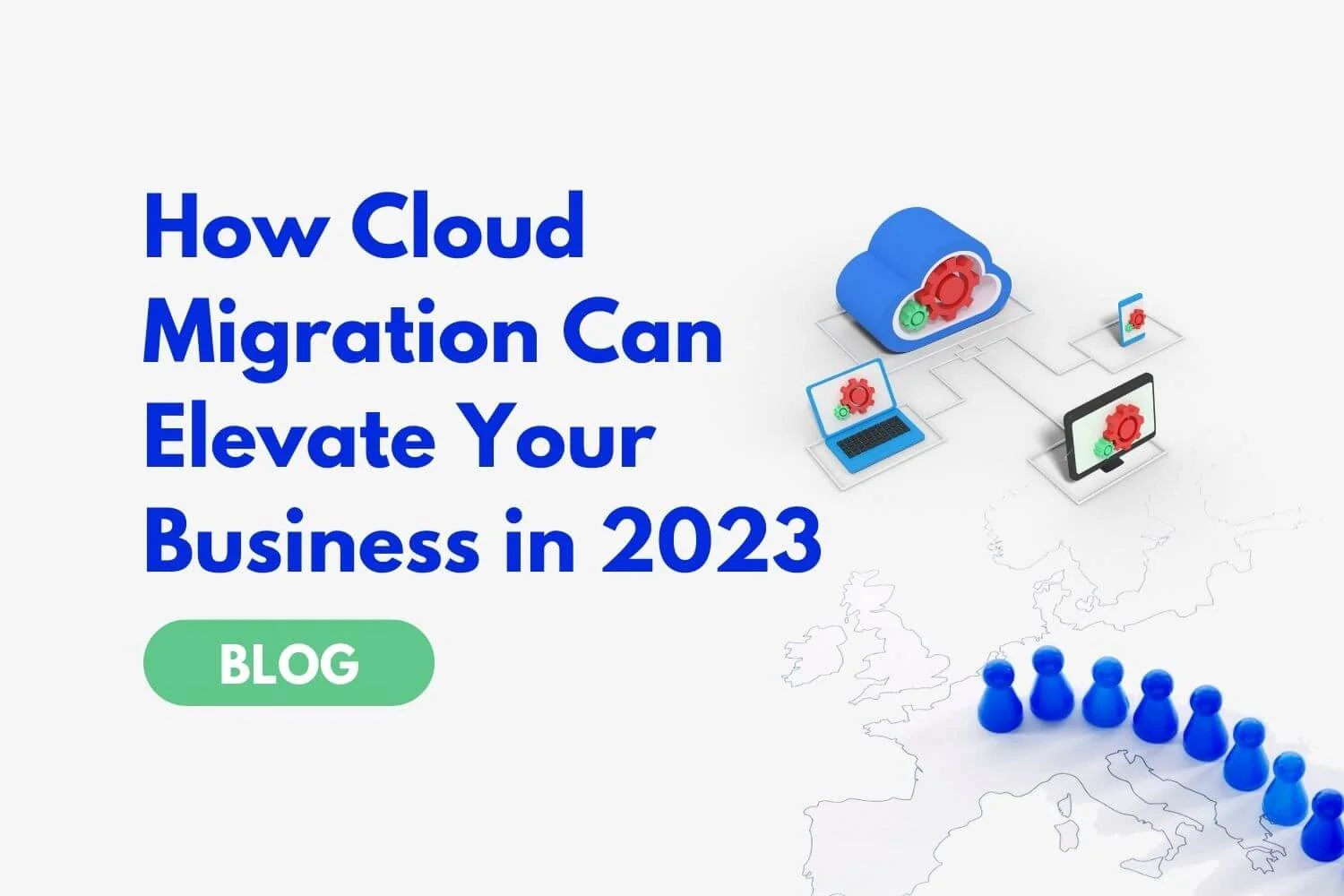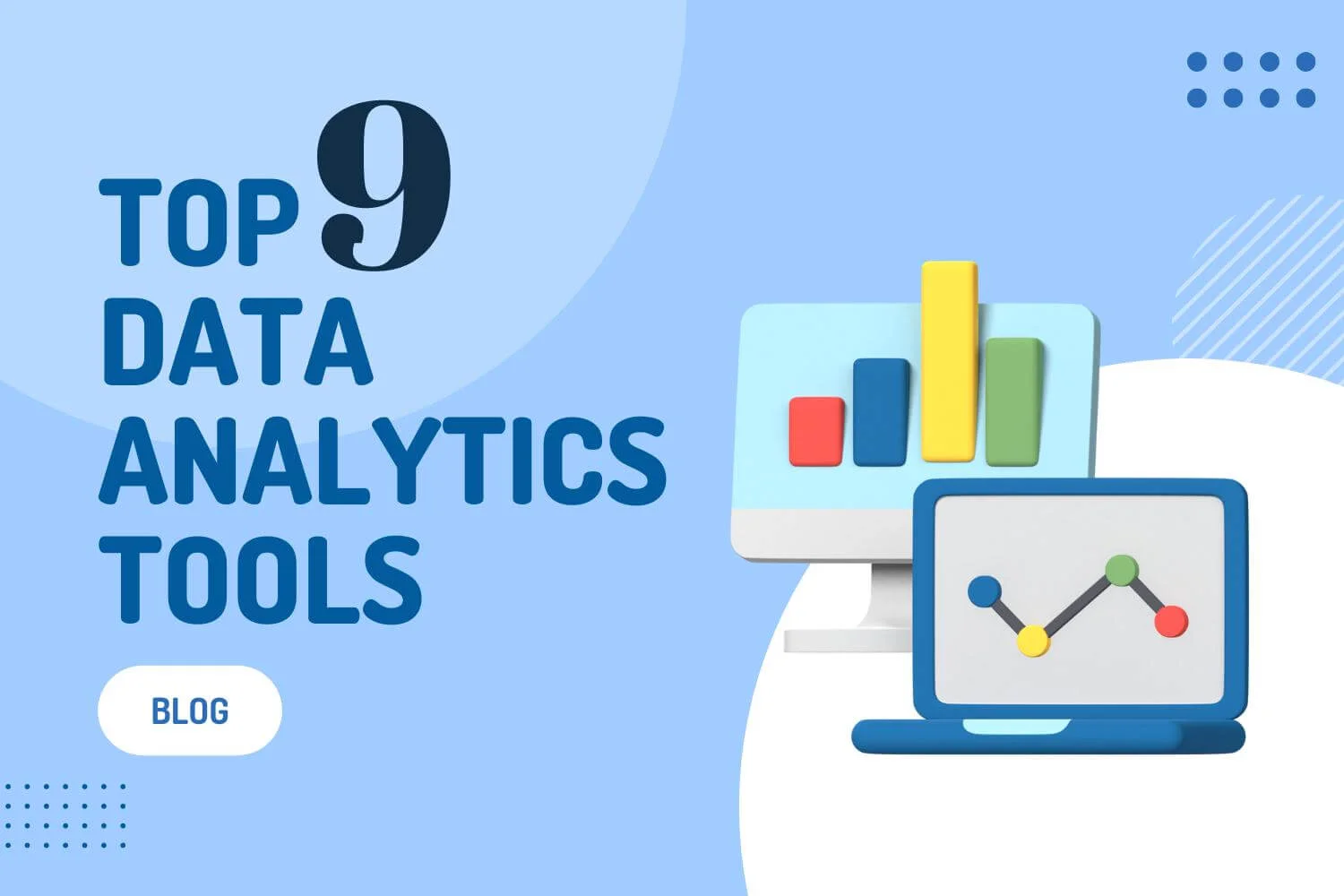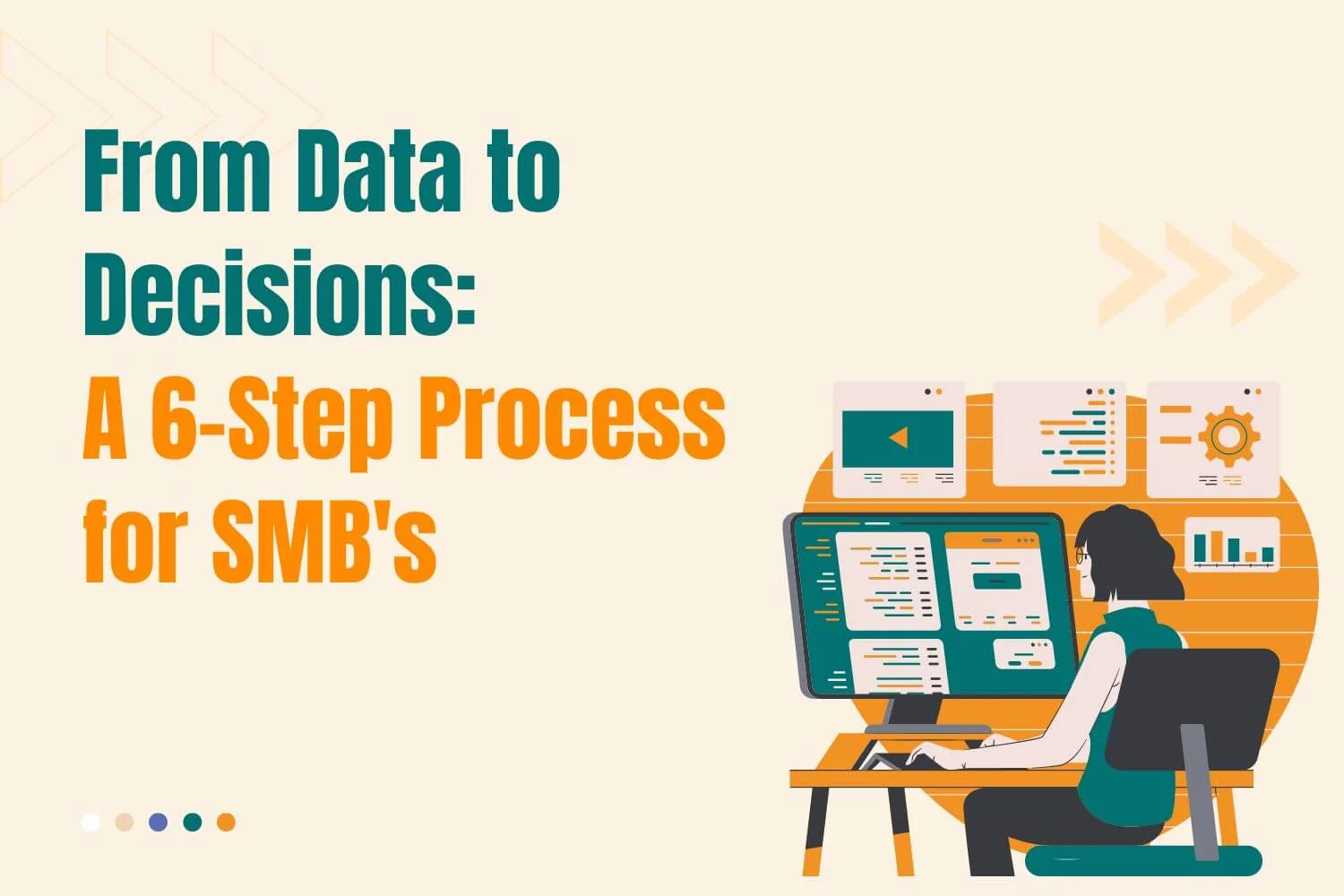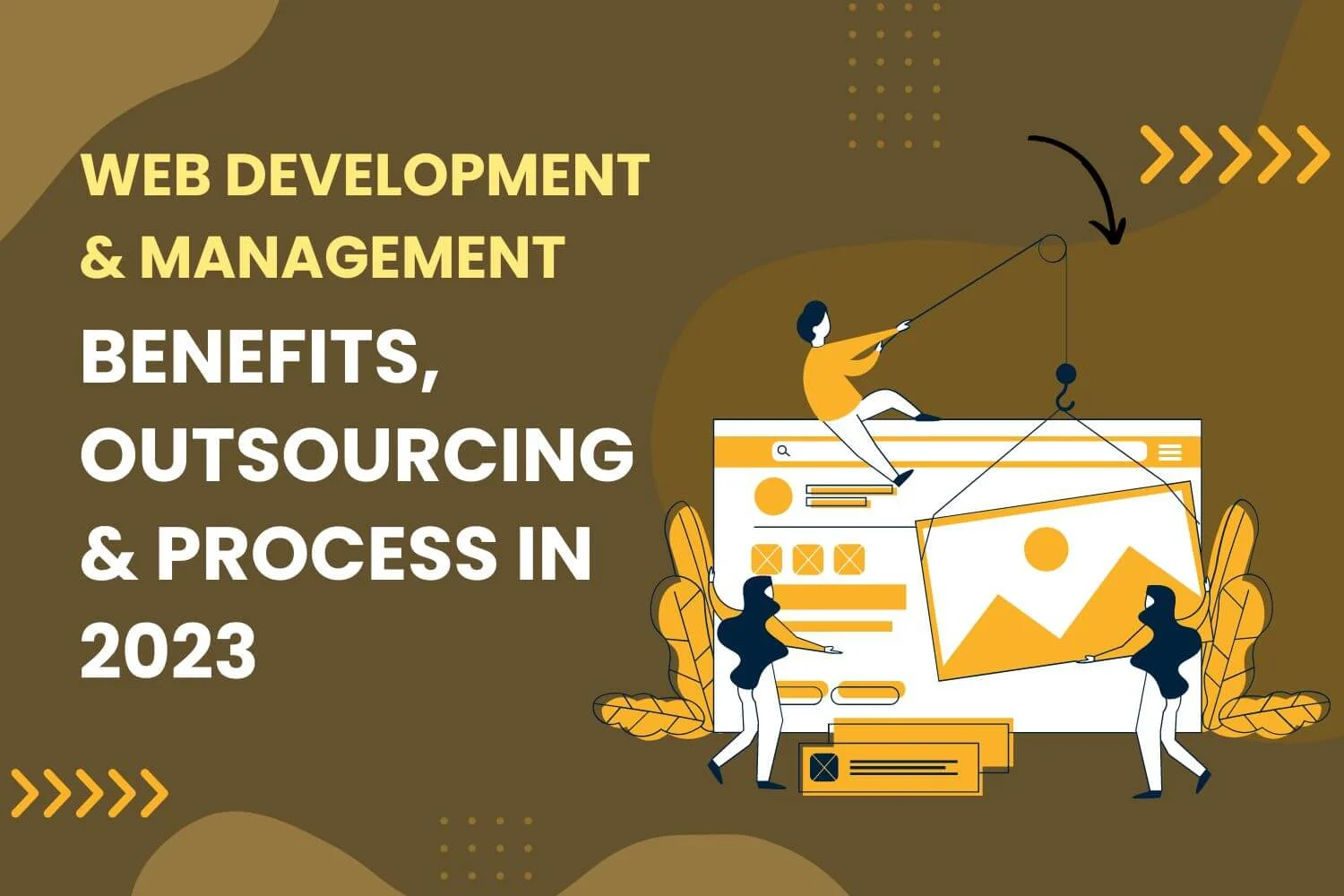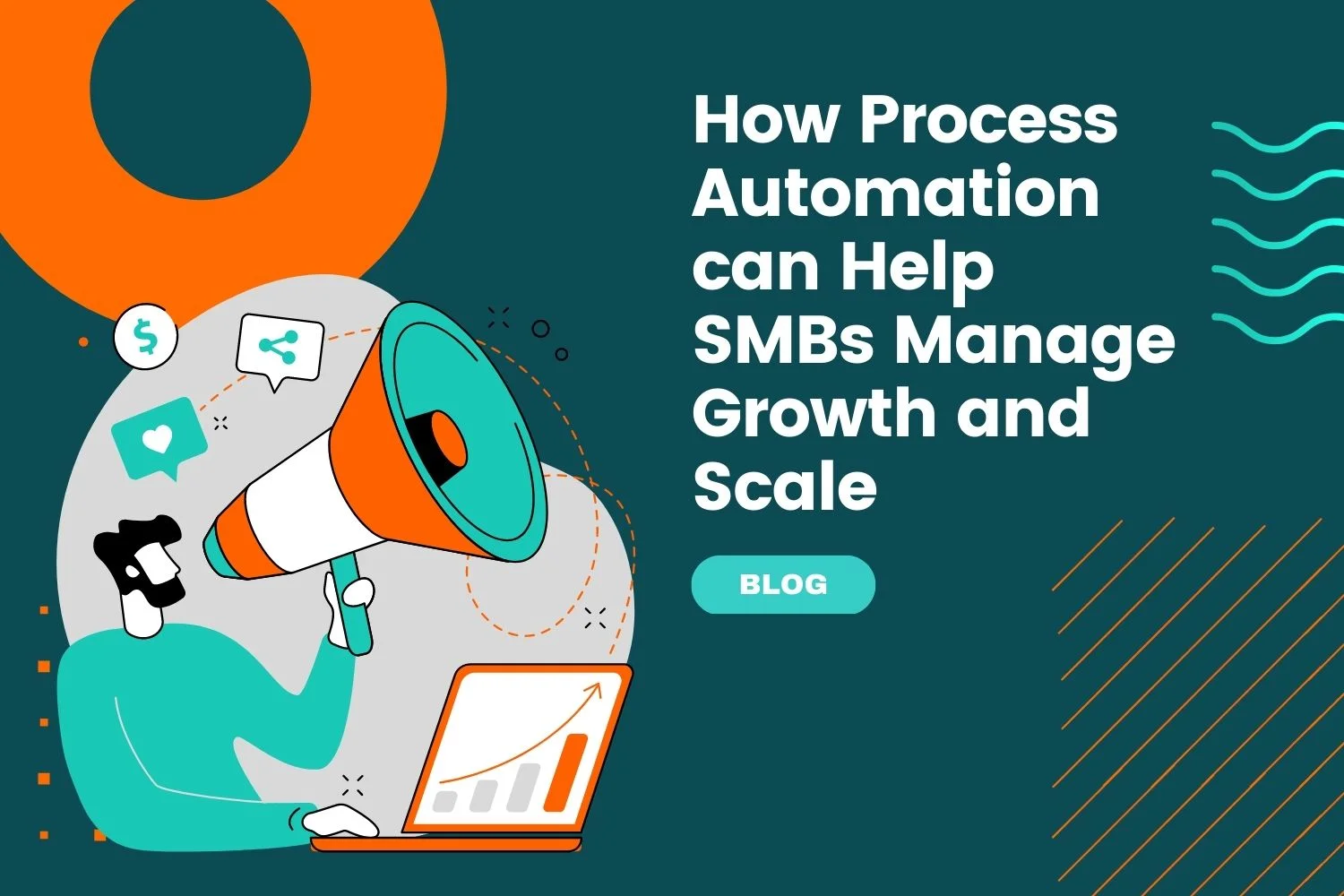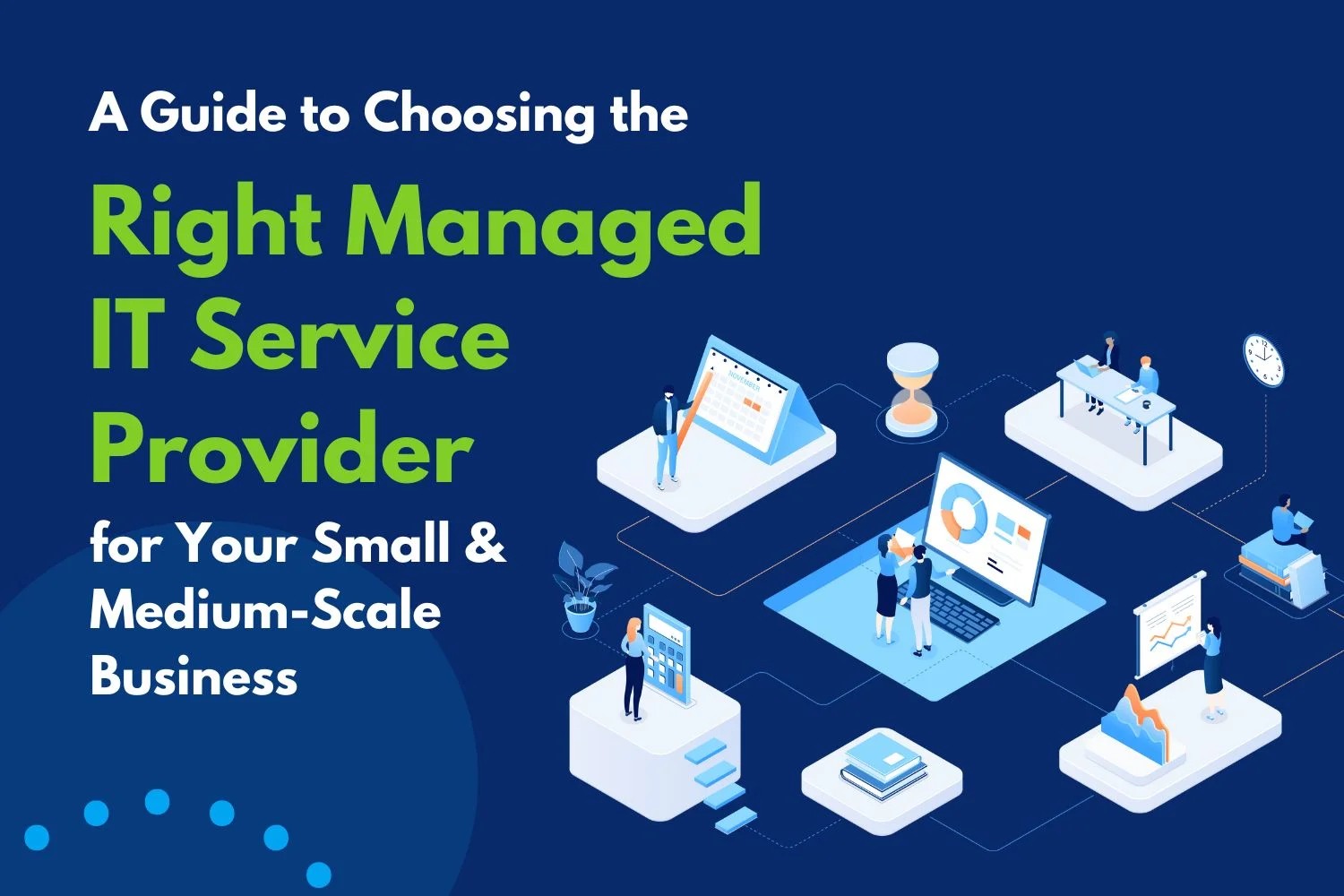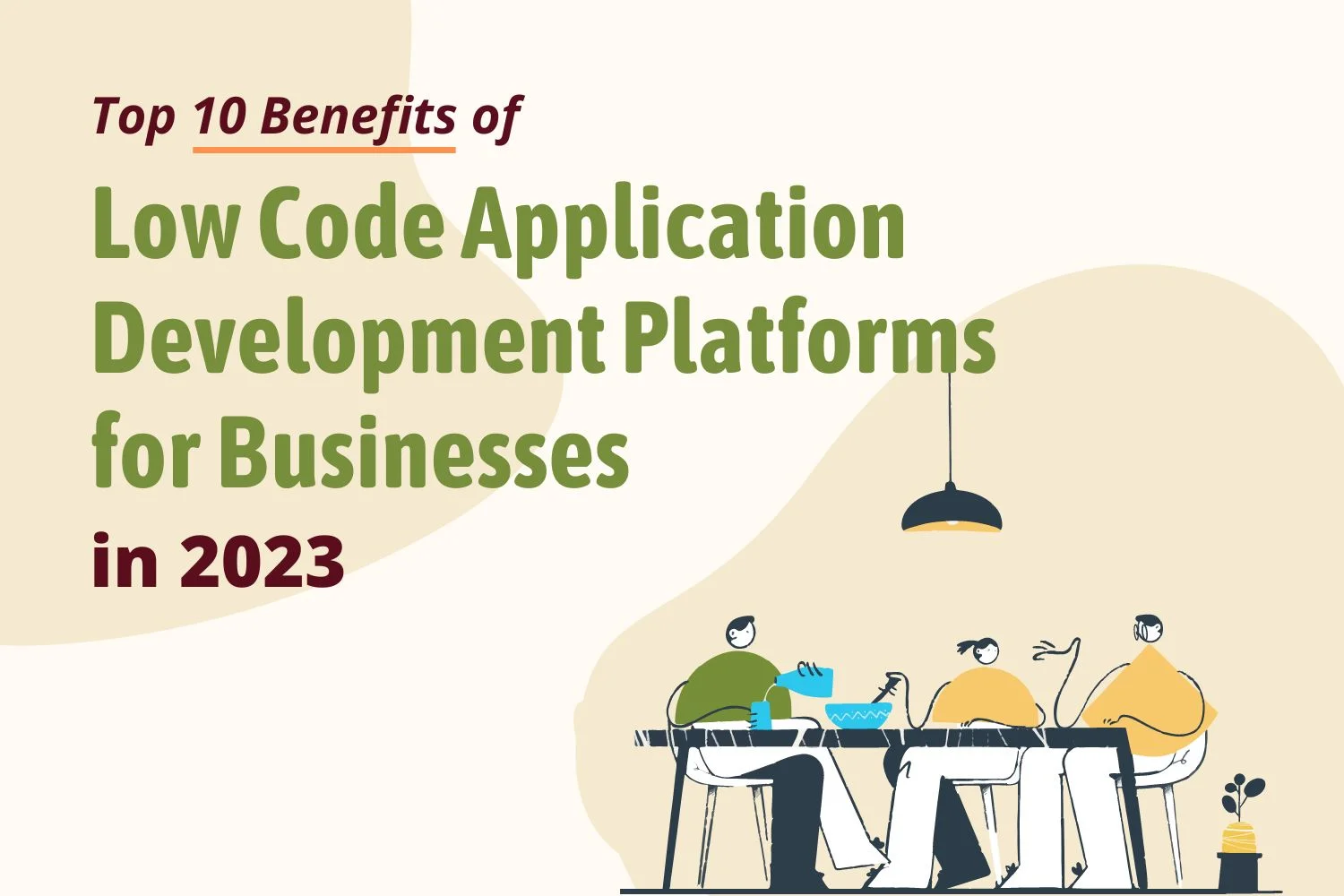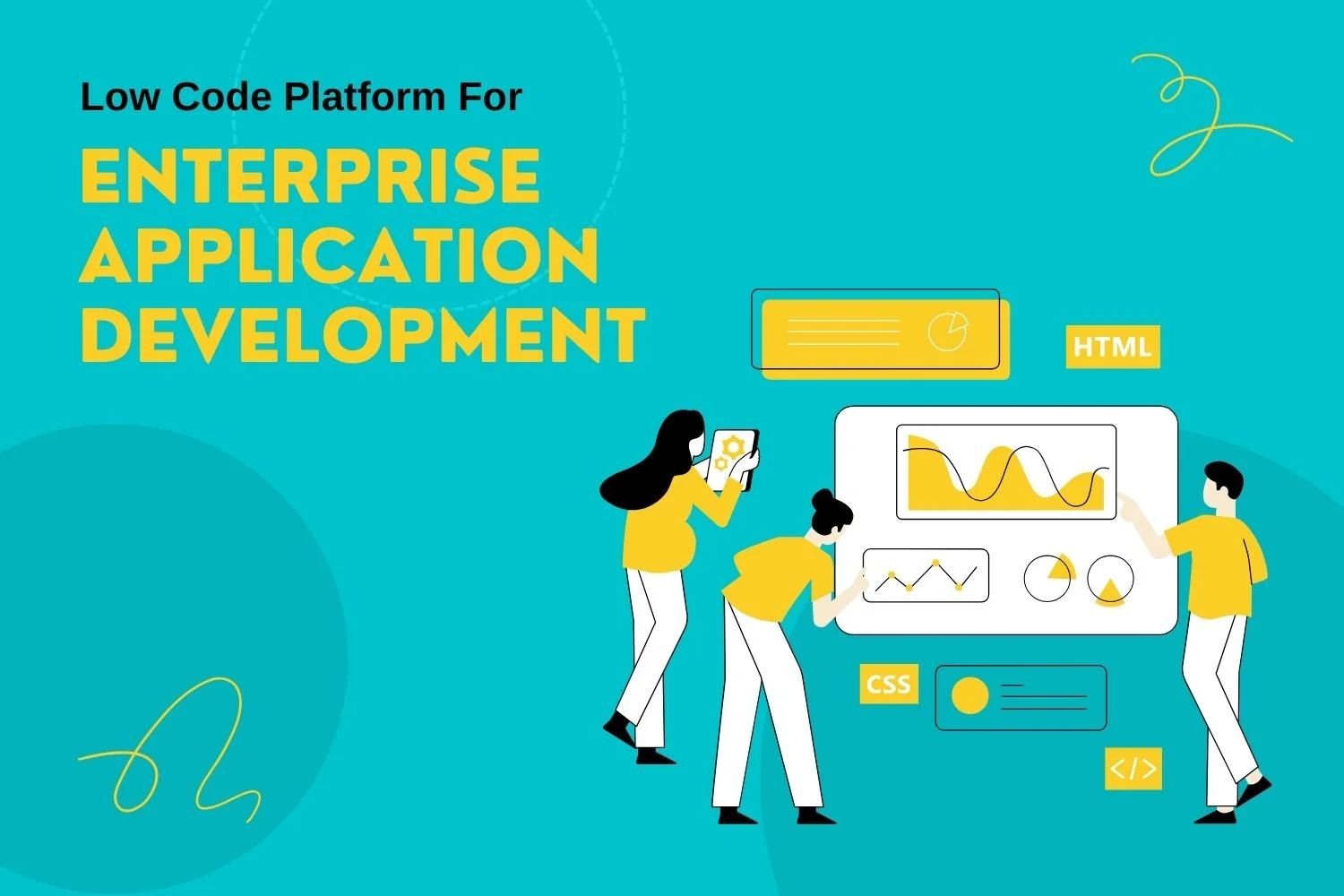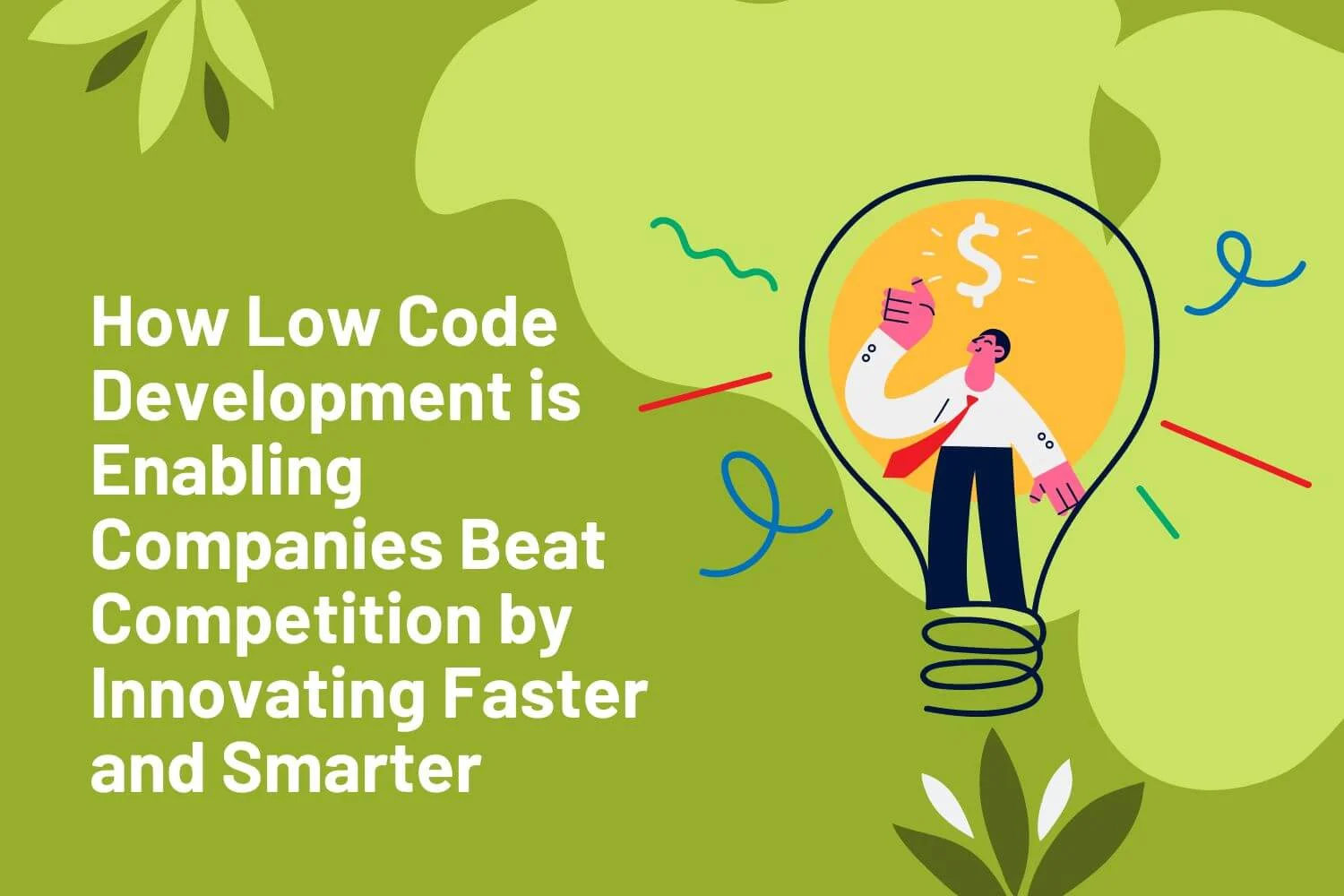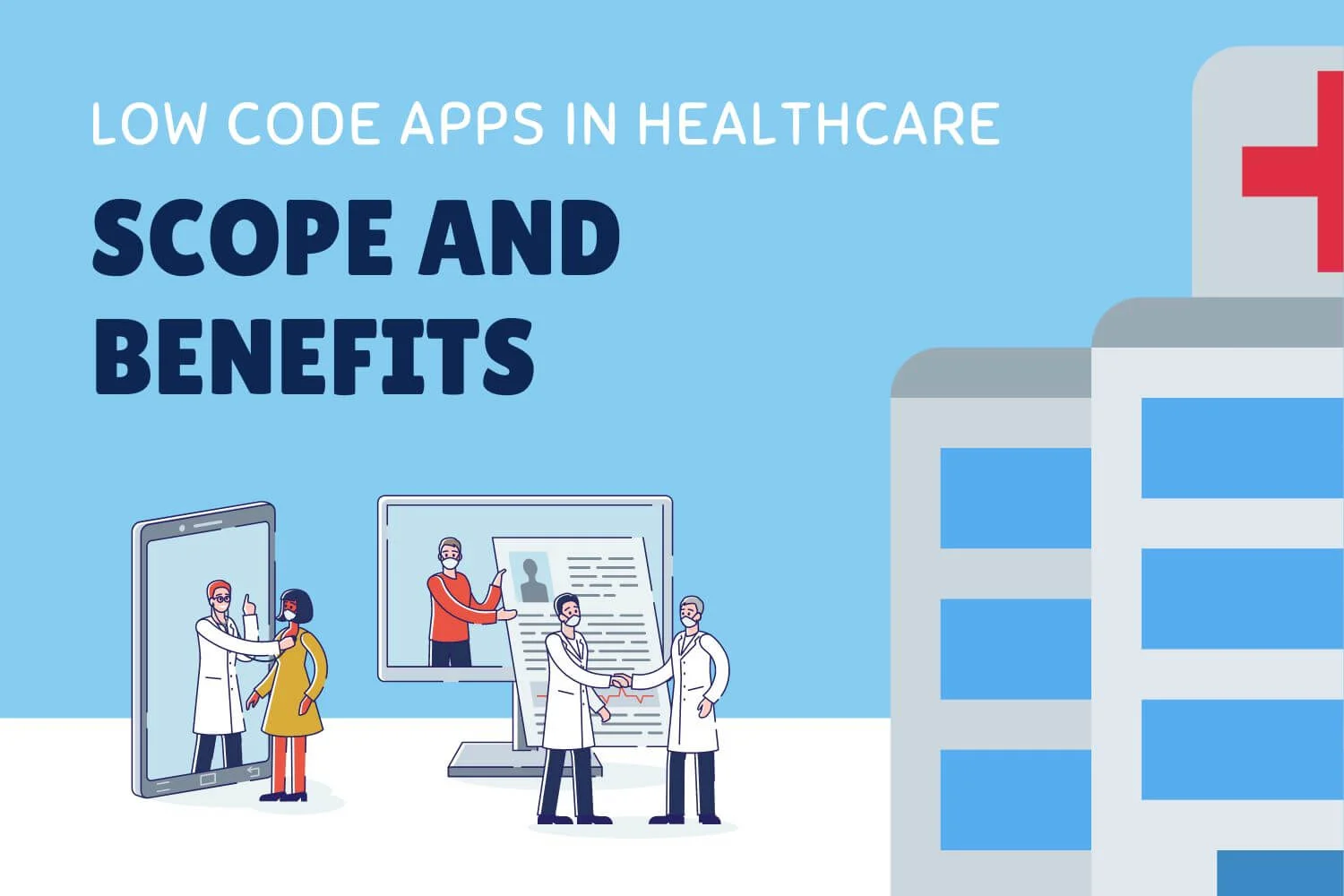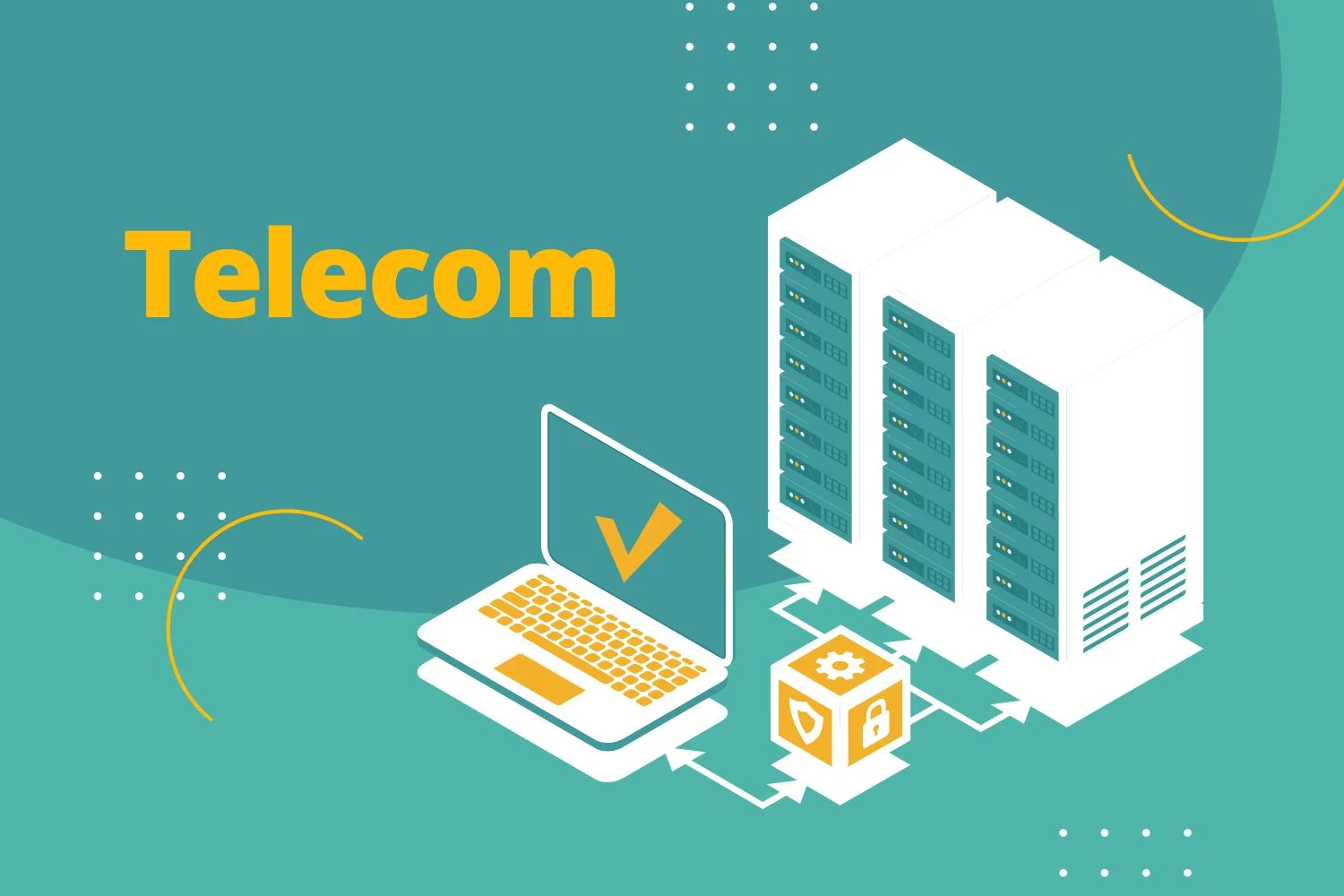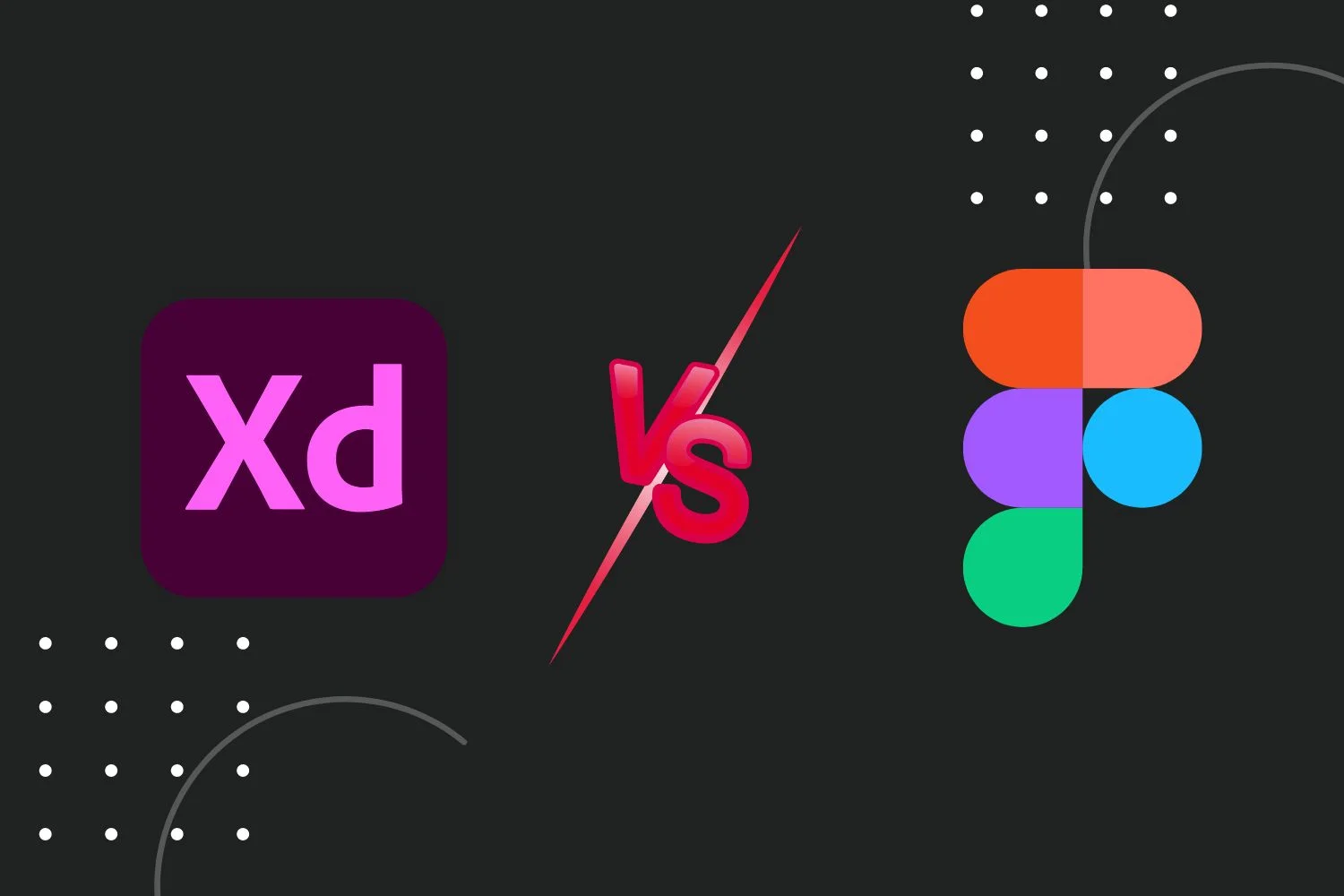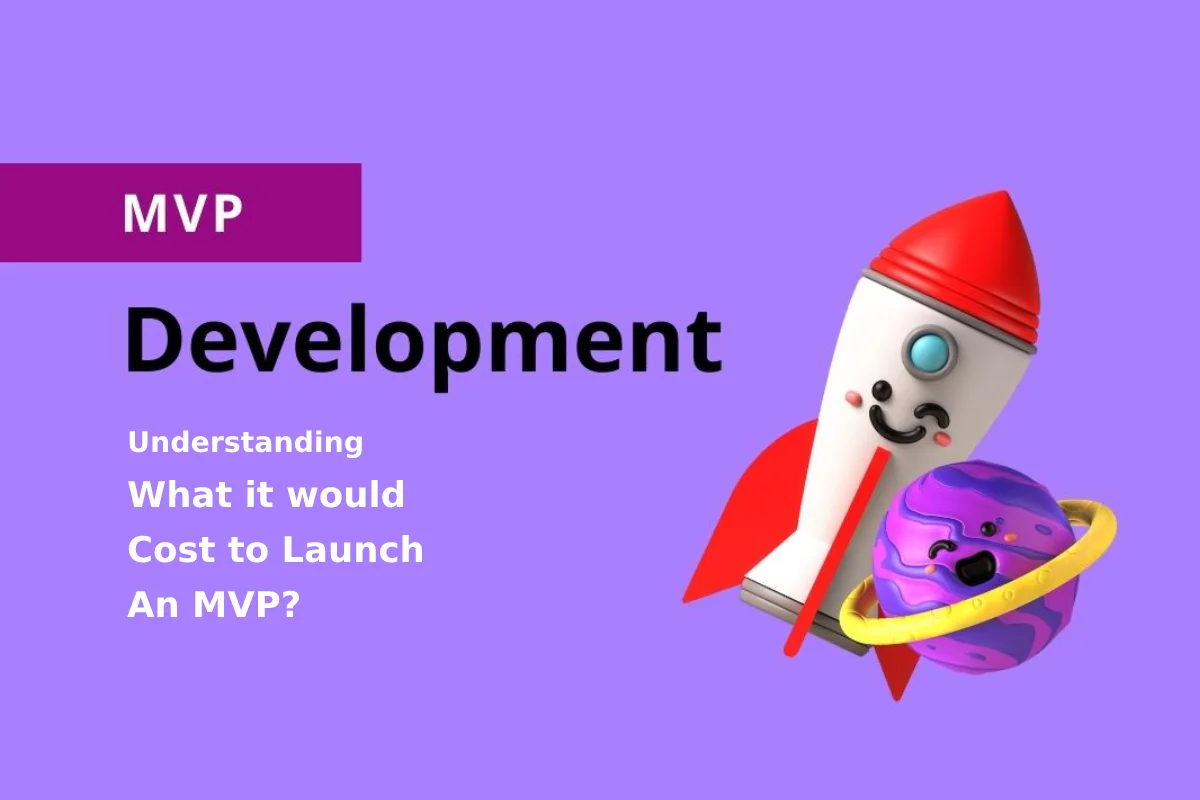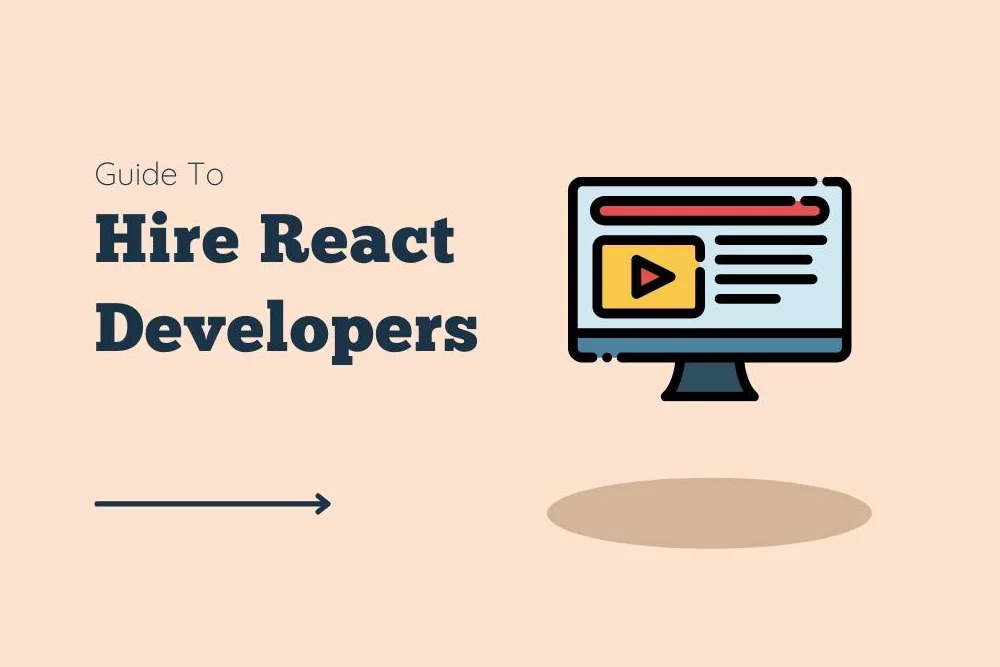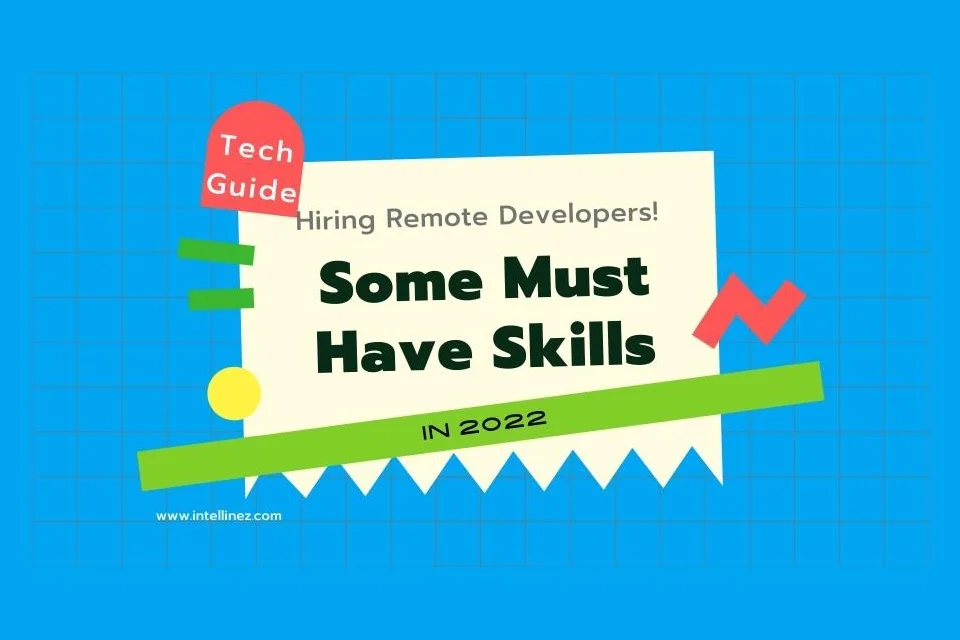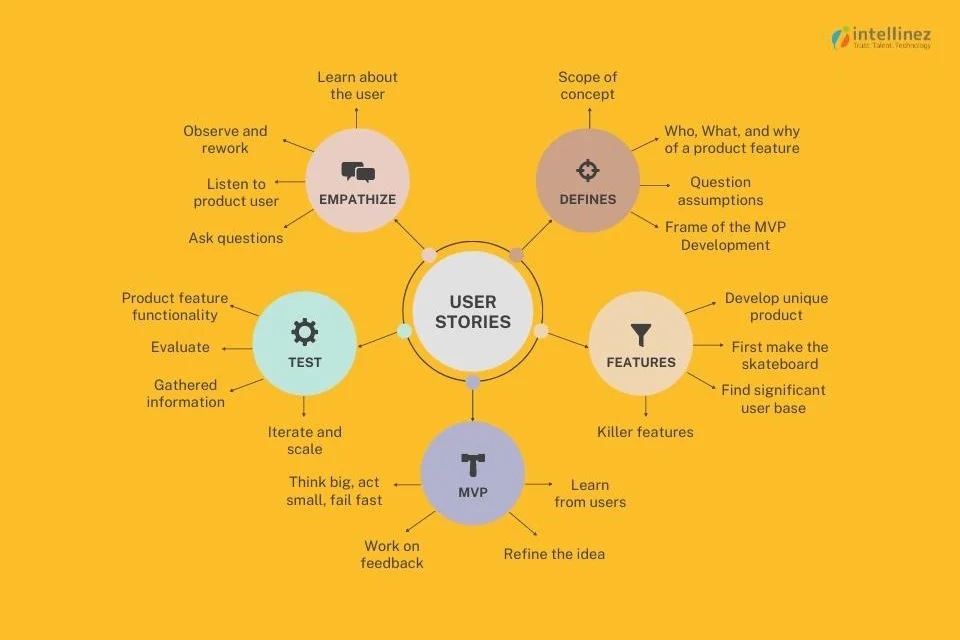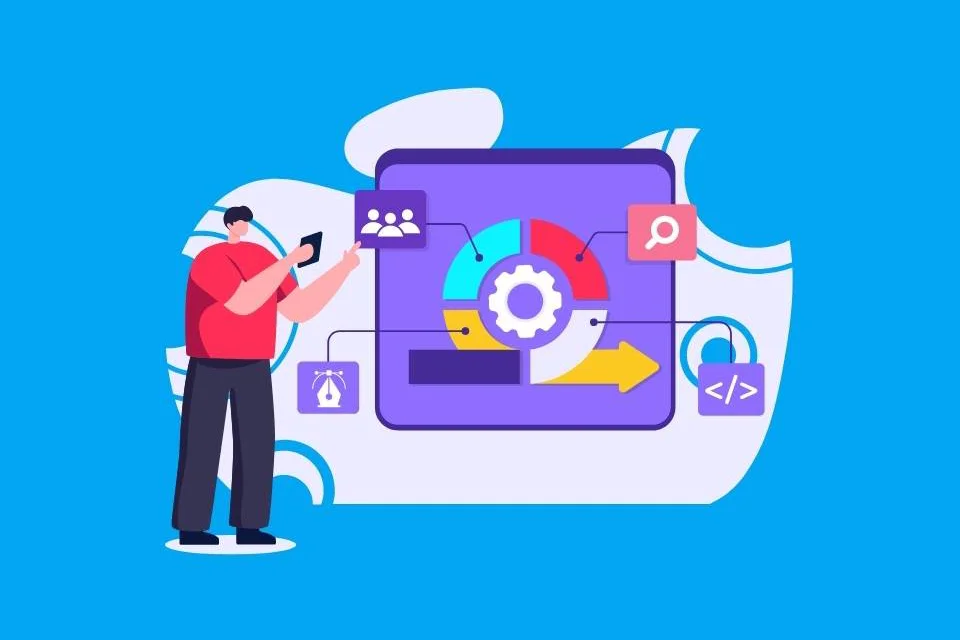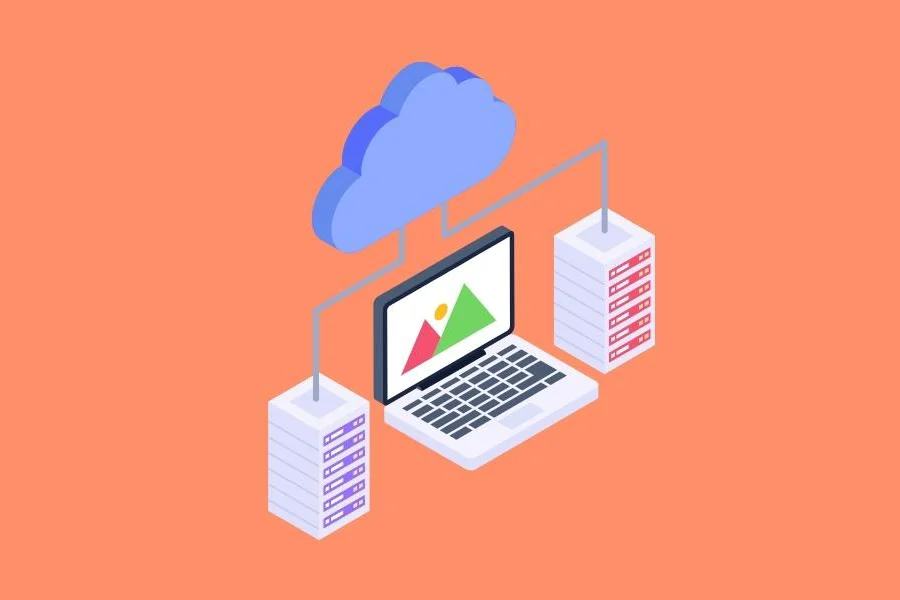Table of Contents
- What Is Cloud Migration?
- What Is Cloud Security?
- The Role Of Machine Learning & Artificial Intelligence
- The Need For Cloud Migration Experts
- Top Cloud Migration Skills For Effortless Transitions In 2023
The demand for certified cloud computing professionals has skyrocketed, surpassing the shift from in-house servers to cloud-based systems. This presents a lucrative opportunity for individuals willing to acquire the necessary cloud computing skills. Amazon (AWS), Microsoft (Azure), and Google (Google Cloud Platform) are the leading cloud platforms.
Staying relevant in the industry requires staying updated with new trends and developments in digital technology. The pandemic accelerated the adoption of cloud services due to the widespread need for remote work and distance learning. The global cloud computing market size was valued at $569.31 billion in 2022 and is projected to grow from $677.95 billion in 2023 to $2,432.87 billion by 2030.
Cloud computing is a rapidly growing field, and companies will continue to seek professionals with AWS skills and advanced cloud computing expertise. The flexibility and scalability offered by cloud-based systems make them a vital component for businesses, leading to a reduction in investment in physical servers and data centers.
What is Cloud Migration?
Cloud computing has transformed the way users access software, data storage, and services by eliminating the need for physical servers. To effectively manage cloud systems, acquiring the necessary technical skills through training is crucial. This training enables professionals to navigate the complexities of cloud computing and optimize its capabilities.
The process of migrating in cloud computing, from an on-premises infrastructure to the cloud typically involves several phases. Here are the common phases of cloud migration in cloud computing:
- Assessment: Evaluate current infrastructure, applications, and data for migration readiness.
- Planning: Create a detailed migration plan, and choose the cloud provider and deployment model.
- Design: Define target architecture for cloud deployment and optimize applications.
- Migration: Move applications, data, and infrastructure to the cloud.
- Validation and Testing: Verify functionality, performance, and security of the migrated environment.
- Deployment: Deploy the validated cloud environment for production use.
- Optimization: Continuously optimize performance, cost, and resource utilization.
- Ongoing Management: Monitor, maintain, and manage the cloud environment.
One significant aspect of cloud computing is the shift from traditional subscription-based pricing to a pay-per-use model, also known as consumption-based pricing. This new pricing structure allows users to pay only for the resources they utilize, offering greater flexibility and cost-efficiency.
By embracing cloud computing, businesses and individuals gain the ability to access software, store data, and leverage services from anywhere, anytime. However, to fully harness its potential, individuals must equip themselves with the requisite skills and knowledge.
What is Cloud Security?
Cloud computing inherently requires a strong emphasis on security due to the outsourcing of sensitive business data. Organizations prioritize IT security to protect customer data, intellectual property, and their reputation. The demand for cybersecurity professionals is rapidly growing, with a particular focus on the cloud domain. A single security breach can have severe consequences, highlighting the importance of cyber security measures in cloud computing environments.
The Role of Machine Learning & Artificial Intelligence
Machine learning and artificial intelligence (AI) have become crucial skills in the cloud computing landscape. Major cloud vendors now offer tools and services that provide extensive access to cloud-based AI and machine learning applications. Cloud computing, previously known as “infrastructure as a service” (IaaS), enables organizations of all sizes to harness the computing power and infrastructure necessary for AI and machine learning endeavors.
The machine learning industry has matured, leading to the emergence of machine learning as a service (MLaaS) delivered over the cloud. MLaaS is projected to grow at a compound annual growth rate (CAGR) of 43% through 2023. The demand for talent in the field of machine learning and AI is high. Combining the cloud computing skills with AI expertise can significantly enhance one’s professional value in the industry.
By acquiring proficiency in cloud-based AI and machine learning, professionals can tap into the exponential growth potential of this red-hot market segment and stay ahead in the rapidly evolving cloud computing domain.
The Need for Cloud Migration Experts
Organizations require professionals with advanced cloud computing skills for efficient deployment and migration of IT systems to cloud platforms. It involves safeguarding data integrity, security, and minimizing downtime. Understanding the three major cloud platforms (AWS, Azure, and Google Cloud) is valuable, providing more career opportunities and enhanced value within organizations. It’s essential to possess a diverse skill set and not limit oneself in this dynamic field.
Top Cloud Migration Skills for Effortless Transitions in 2023
Cloud computing professionals should possess additional technical skills such as database management, DevOps, and related technologies to excel and thrive in their careers.
1. DataBase Skills
Database skills are essential as organisations generate massive amounts of data daily. Cloud-hosted databases offer valuable insights from this unstructured data, creating a demand for professionals adept at managing, storing, and accessing information.
IT professionals should seize the opportunity to learn a database querying language like SQL, which is the industry standard. Learning platforms like MySQL, MongoDB, or Hadoop can be considered to further enhance skills. Investing in database skills is vital in leveraging the potential of data and thriving in the cloud computing industry.
2. DevOps
DevOps, short for “developmental operations,” is a software development approach that encompasses the entire lifecycle, from planning to maintenance. It allows organisations to automate updates and streamline the release process. In the cloud computing realm, DevOps is crucial for efficient development. Enhancing your cloud computing skills with DevOps proficiency is a strategic decision, enabling faster and more efficient software updates and aligning with industry best practices.
3. Programming Language Skills
Strong programming language skills are vital for developing and maintaining cloud-based applications. Java, JavaScript, and Python are popular languages widely used in the cloud computing domain. Alongside programming proficiency, understanding SQL and data structures, such as data schemas, is crucial for building effective database-driven applications in the cloud.
4. APIs or Application Programming Interfaces
APIs play a crucial role in both on-premises and cloud-based software development by facilitating communication and data sharing between services and applications. Proficiency in creating APIs and establishing the necessary linkages for seamless integration in the cloud is essential for success as a cloud expert. REST and GraphQL are widely used API types in cloud environments, and gaining expertise in these technologies is highly advantageous.
5. Network Management Skills
Networking skills are vital in the cloud, particularly in establishing connections between resources and locations. This enables companies to set up services such as virtual private clouds and secure connectivity between cloud resources and on-premises sites. Efficient access to cloud resources often requires network administration expertise.
Virtual networks play a significant role in cloud workload deployments, employing various techniques to facilitate networking connections between resources and even across multiple clouds in multi-cloud setups. The ability to navigate these networking complexities is essential for success in cloud computing.
6. Knowledge of Hybrid Cloud
As not all IT infrastructure, apps, and workloads can be fully migrated to the cloud, the concept of hybrid cloud has gained popularity. It involves strategically moving certain apps to a public cloud while keeping other components on-site or in a dedicated private cloud.
Cloud professionals must understand the workings of different cloud models and how to integrate them effectively in a hybrid setup, determining the optimal placement of resources. Hybrid cloud architecture allows organisations to balance security, control, and scalability requirements, maximising the benefits of both public and private cloud environments.
7. Knowledge of Containers
Containerization allows applications to be encapsulated independently of their execution context, enabling swift and efficient installation. To enhance job prospects in cloud computing, it is crucial to have a strong technical foundation and familiarity with popular container technologies like Docker and Kubernetes.
Major cloud platforms provide Kubernetes or container services to assist businesses in managing deployments. Therefore, cloud experts must possess a comprehensive understanding of how these technologies operate. Staying updated with containerization trends and acquiring expertise in container management is essential for professionals looking to excel in the rapidly evolving cloud computing industry.
8. Cloud Orchestration
In cloud computing, multiple interconnected services are prevalent, making manual connection processes impractical at scale. Cloud orchestration technologies play a crucial role in automating and coordinating numerous tasks, ensuring seamless interactions between cloud services.
Cloud professionals with the ability to establish effective cloud orchestration are highly sought after. The expertise to automate and coordinate complex workflows across the cloud environment is essential for optimising efficiency and achieving successful cloud deployments.
Conclusion
Various resources, including formal education, online materials, and on-the-job training, are available to enhance your proficiency in cloud computing. International third-party certifications, in addition to certifications offered by major cloud providers, are recognized in the industry.
It is crucial to add these essential skill sets to your profile promptly, as cloud services permeate all aspects of life, creating abundant opportunities for those aspiring to become cloud computing experts. Whether through formal education, online resources, or certifications, investing in cloud computing skills positions individuals to thrive in a rapidly expanding field with increasing demand for cloud expertise.
Experience Efficient Cloud Migration with Intellinez Systems
Intellinez Systems offers expertise in efficient cloud migration, providing organizations with the necessary skills and support to seamlessly transition their IT systems to cloud platforms. With our experience and knowledge, our team ensures data integrity, security, and minimal downtime during the migration process.
- slot pulsa 5000
- slot deposit 5000
- slot deposit pulsa
- https://ksquare99.com/culture.html
- https://intersmart.ae/our-works/
- https://astrologerparduman.com/blogs/
- https://gluesys.com/
- https://www.intersmartsolution.com/erp-solutions/
- https://cvworld.in/seo-services/
- https://www.silversea-media.my/about-us/
- https://www.ausfitprojects.com.au/testimonials/
- https://albarakatrust.org.uk/water-donation-for-balochistan/
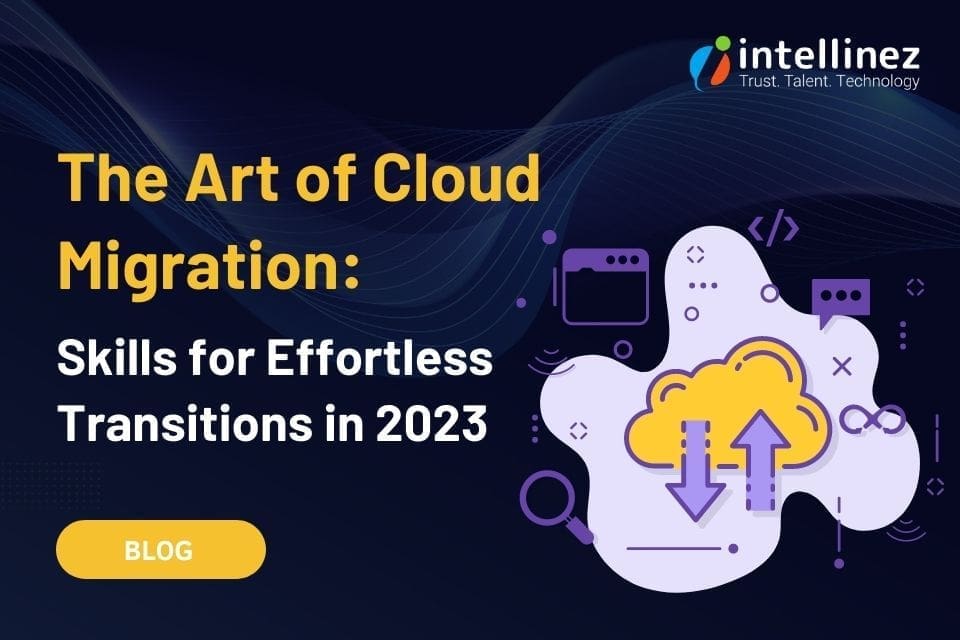







































![A Comprehensive Guide to AWS SaaS Architecture [Diagram Included] 85 Aws SaaS Architecture](http://www.intellinez.com/wp-content/uploads/2024/08/Title-image.jpg)

